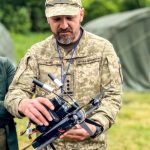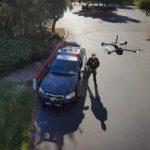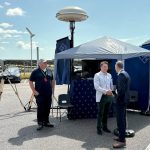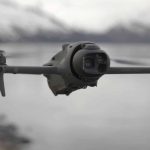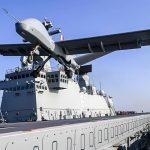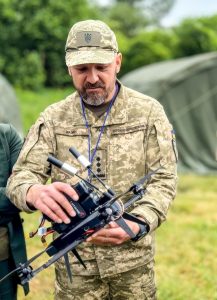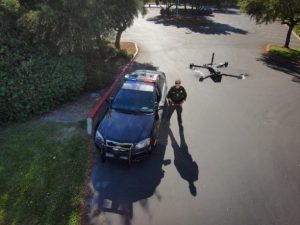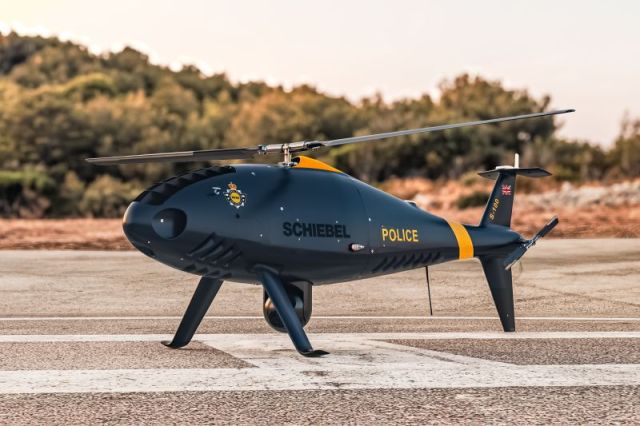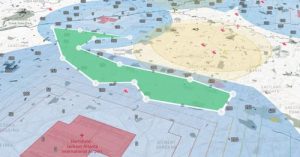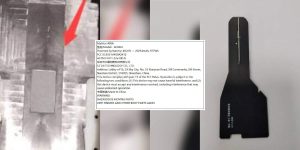Schiebel Selected for UK Police Trials of Uncrewed Aircraft
The National Police Air Service (NPAS) has chosen Schiebel, a leading manufacturer of uncrewed aircraft, to assist in its most extensive trial to date regarding ‘Beyond the Visual Line of Sight’ (BVLOS) operations with uncrewed aircraft.
This trial, scheduled for 2024, gained approval within the Civil Aviation Authority’s (CAA) BVLOS integration sandbox and aims to investigate the potential for uncrewed aerial systems (UAS) to work alongside manned police aircraft to enhance policing operations in England and Wales.
NPAS Head of Futures and Innovation, David Walters, emphasized that the trial’s objective is to assess how modern aviation technologies could benefit policing and to explore how they can be safely incorporated into UK airspace. “We will evaluate potential integration of uncrewed aircraft into the existing NPAS framework, under the supervision of our CAA-approved managers who are responsible for safe air operations across England and Wales,” Walters stated.
For this trial, Schiebel will utilize the CAMCOPTER S-100, carefully piloted in a controlled setting to appraise the capabilities of this UAS, which could form part of a future mixed fleet operated by NPAS.
Neil Hunter, Head of Global Sales at Schiebel, remarked, “The CAMCOPTER S-100 has seen worldwide operation with over 40 clients, including the UK Royal Navy. Its exceptional performance makes it ideally suited for this trial.” Hunter added that Schiebel is committed to advancing UAS technology globally and to promoting growth in commercial applications, highlighting past successes with the European Maritime Safety Agency and Bristow Group for UK Search and Rescue.
Schiebel will collaborate with the National Air Traffic Control Service (NATS) as part of the support team for NPAS’s Futures and Innovation endeavor. The trial, funded by the Home Office, will see its first test flight taking place in summer 2025.
After extensive discussions, an area located in the Severn estuary, in South West England, has been designated for these trial flights, keeping operations away from urban settings.
Over the past two years, NPAS has developed a comprehensive safety case that includes testing a ‘detect and avoid’ solution to ensure safe operation with minimal disruption to the public and other airspace users.
The trial will not only explore the operational capabilities of the UAS but also evaluate the efficacy of the ‘detect and avoid’ technology.
Walters concluded, “While we cannot forecast the trial’s outcomes, it is crucial that we maintain or enhance current capabilities offered by our manned aircraft. The ultimate goal is to provide police forces in England and Wales with a more versatile approach to supporting their operations while prioritizing public safety.”
The National Police Air Service was established in 2012, forming a cooperative network among police forces in England and Wales to enhance air support efficiency. With a fleet of 19 helicopters and four airplanes operating from 15 regional bases, NPAS responds to approximately 100 calls for service daily, handling a variety of scenarios, from high-risk missing persons and vehicle chases to counter-terrorism and major incident responses.
